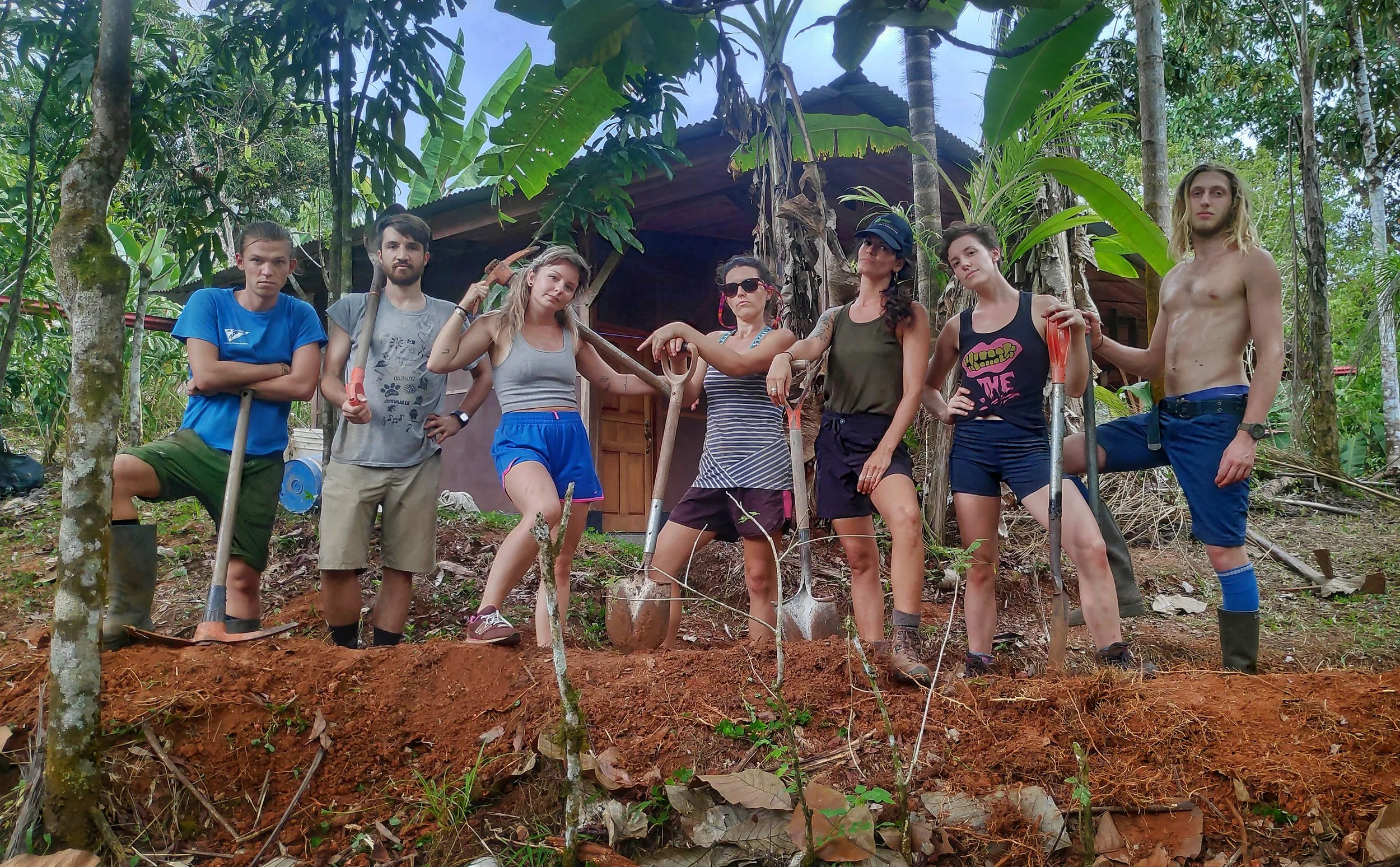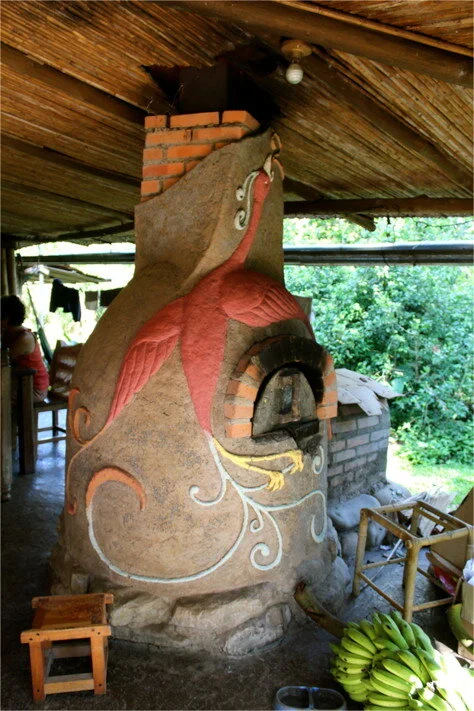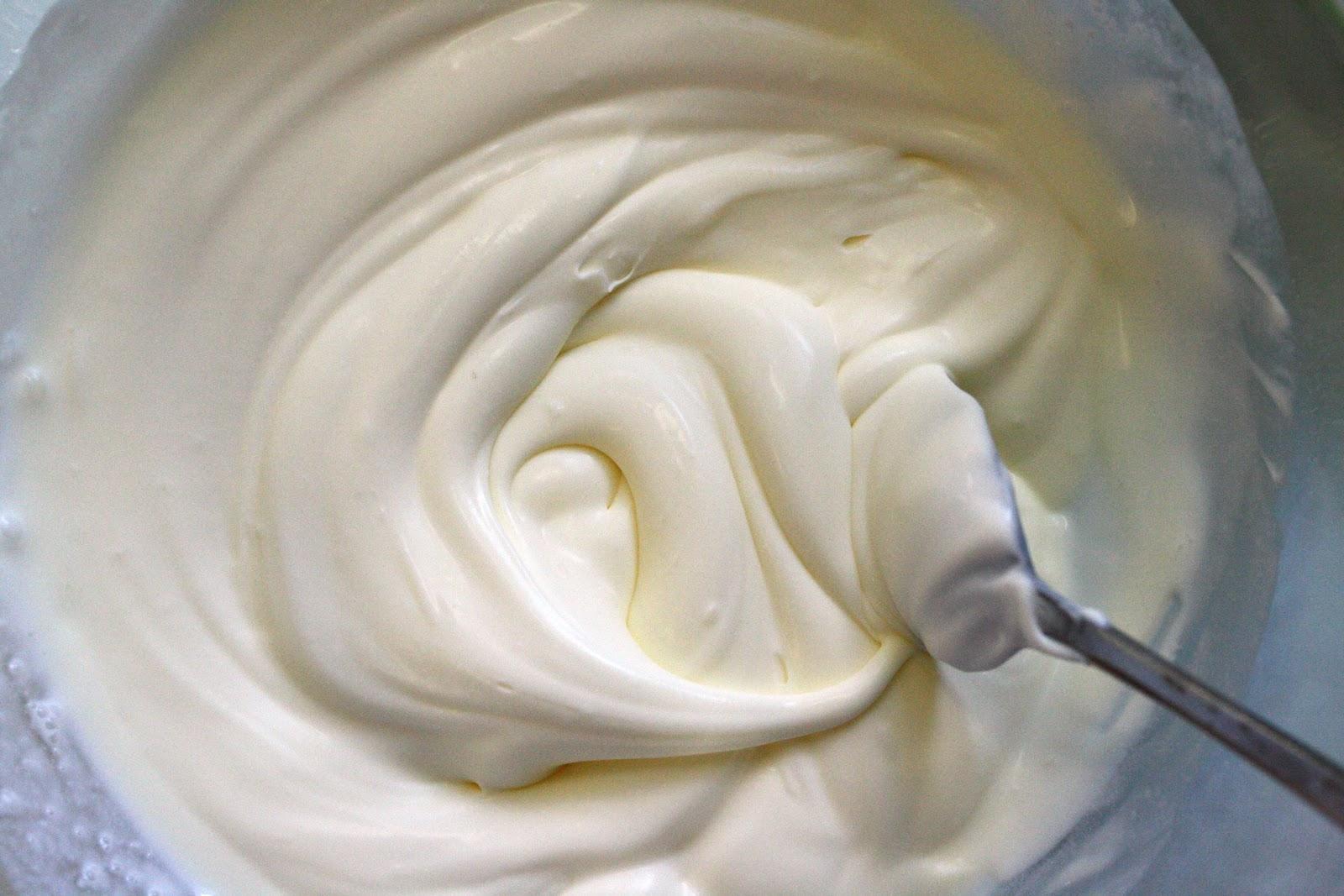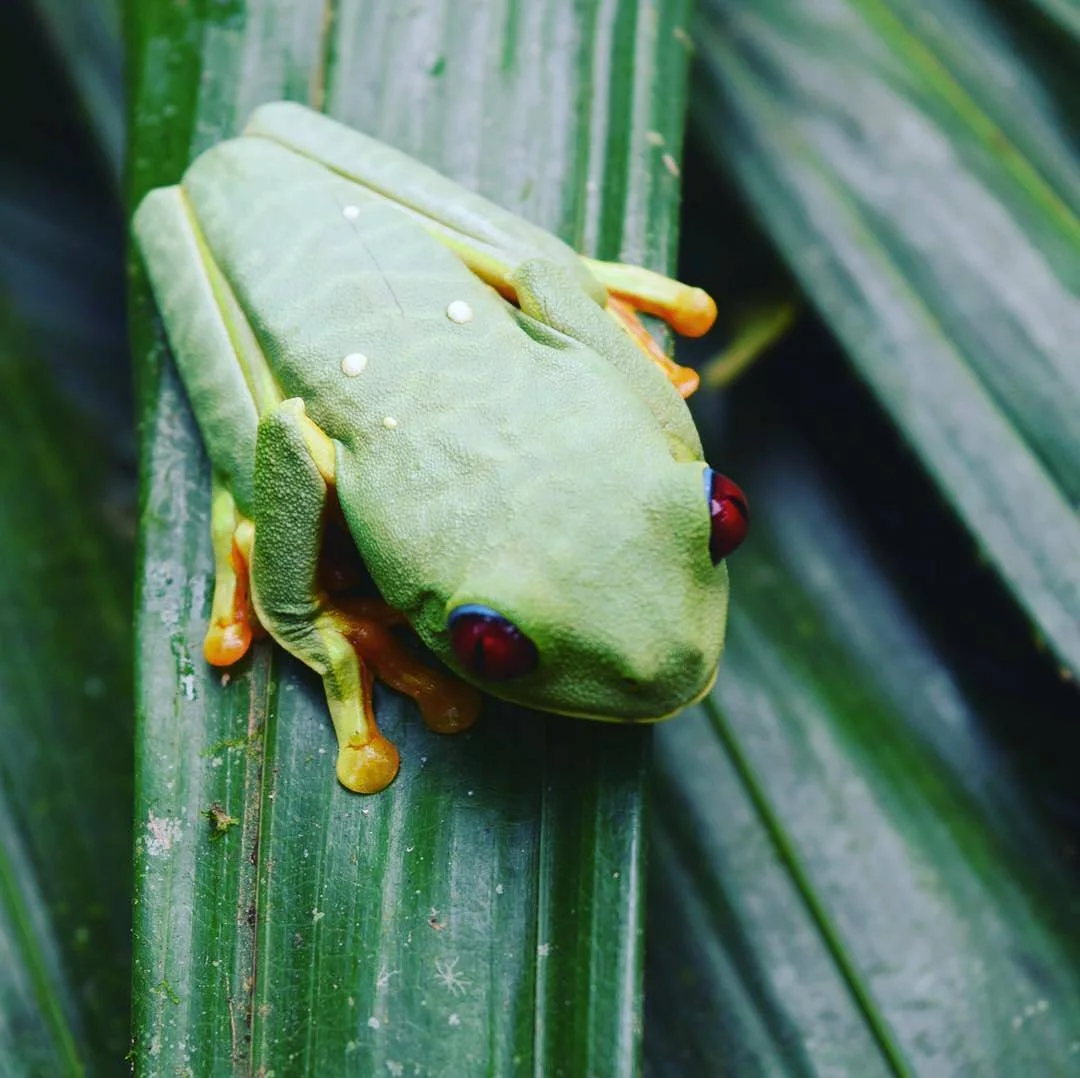Every year, Rancho Mastatal offers a year long apprenticeship and a 2 month long internship for people interested in taking a deep dive into agroforestry, natural building, and farm to table food preparation while living in community.
Endeavors to End Propane: Local Fuel Sources and Efficient Cooking Technologies
Cooking food can make it tastier, easier to digest and absorb nutrients, and safer and healthier to eat. Cooking at the Ranch happens multiple times a day, and on some days, pretty continuously throughout the day. We generally have a lot of hungry bellies to fill! Over the decades we have been steadily reducing our use of propane to meet our cooking needs.
Applied Permaculture Principles
There are a lot of misconceptions about what Permaculture is, most people think of it as an agricultural system, typically some sort of food forest and whilst maybe it does make sense for you to have a food forest, maybe it doesn’t! The specifics of applying the principles will vary based on your environment, project , goals etc… but the principles will always remain the same. In permaculture there are 12 underlying principles that help guide us through the design and thinking process. We have highlighted below how we apply each of these principles at our site to help inform you how these principles can be applied in practice.
Awakening the student and teacher in us all
I like to think I’m open-minded and my ideas flow freely, but as a professor I can become stuck in the rigid model of preparing lectures, grading and academic writing. The opportunity to have my sense of wonder reawakened and be reminded that there are so many springs of knowledge available in the world in invaluable. Rancho Mastatal reminds me of this truth and has inspired every student I have brought to think bigger, make connections and consider what their role in addressing the climatic challenges we face.
Dairy Dairies: How to Make Cream Cheese with Dairy Kefir
Dairy Kefir is so interesting to me because it embodies stacking functions - like alchemy, it's possible for 1+1 to equal 4. Milk, grains (scoby) and a days time and voila, you have a delicious base product better than the milk you started with. It's now lightly carbonated, stable in the fridge, resistant to microbial incursion, lower in lactose, tangy, creamy, probiotic and great for your gut.
How to Make Dairy Kefir Banana Creme Fraiche
Contemplating an Uncertain Future: The Ranch and Climate Change
Climate change, after decades of lulling at the bottom of the news cycle, has belatedly made it into the headlines as increasing numbers of people become aware, convinced and concerned about the environmental and social impacts of the Earth’s evolving atmospheric conditions. I frequently think about disrupted weather patterns and what my role in this unfolding story should be.
Salak Palm: A Guide for Tropical Permaculture
This article was originally published at the Porvenir Design blog.
Salak palm or snake fruit (Salacca edulis or Salacca zalacca) is a high value understory species for tropical agroforestry plantings. Salak palm is native to southeast Asia, where it is commercially cultivated in Indonesia, Malaysia, and Java, in their wet tropical lowland climates. At higher elevations the "Bali" variety can be grown. It produces a delicious fruit, eaten out of hand, with a taste similar to strawberry with an apple-like texture. The fruit transports well and can be stored at room temperature for a week with little degradation in quality.
Non-Traditional Education: Reconnecting to our Roots
Modern, conventional education systems do not work for everyone. They cater well enough to many of today’s students but not to a significant portion of the population that might be better served by alternative pedagogical approaches. In most countries, at the age of 4 or 5, or even younger, kids are shuffled into busy classrooms to learn subjects that will reportedly prepare them for a successful future. As our economies become less predictable, politics less appealing, and the environment ever more damaged, current educational models are losing traction with increasing numbers of people who recognize that the one-size-fits all approach to education is not working for our society.










